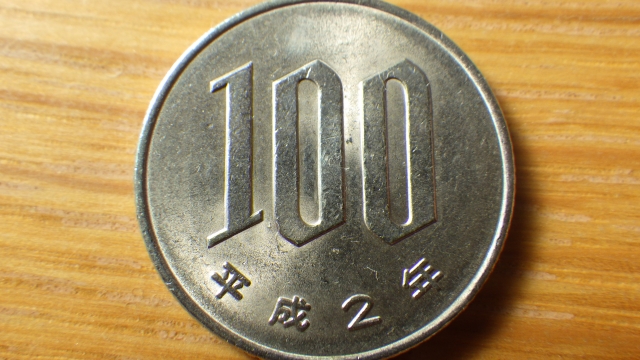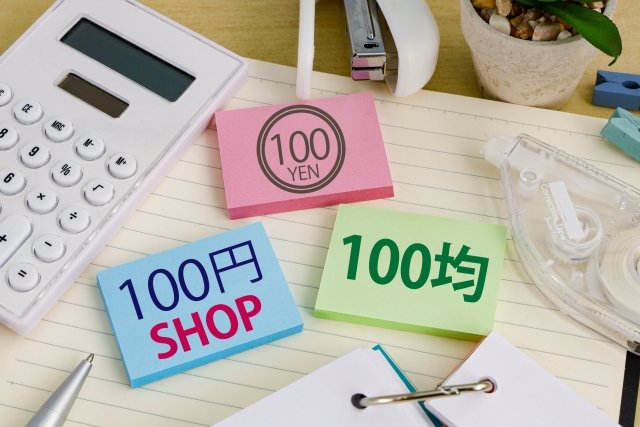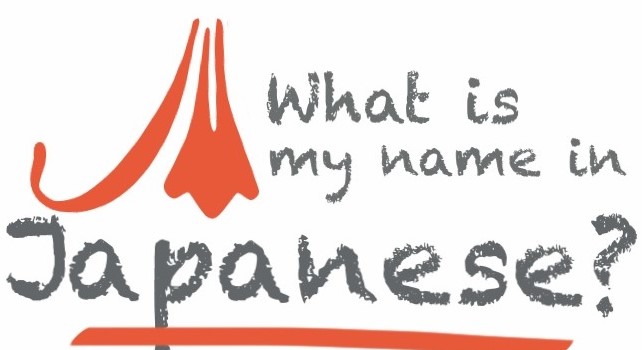The “100 yen store” has long been popular in Japan.
As the name suggests, each item is priced at 100 yen (plus consumption tax), and the stores display a wide variety of products.
From a foreigner’s point of view, Japanese 100-yen stores have the image of a “souvenir shop,” so to speak.
Uchiwa fans, fans, tea bowls, tokuri (Japanese tea utensils), writing brushes, pencils, origami paper, tenugui hand towels, and other items that are natural to the Japanese are a “treasure trove” to the foreigner.
However, there is no single 100-yen store in Japan.
There are several chain stores competing for your attention, each with its own unique characteristics.
In this article, we would like to explain about the popular 100-yen stores in Japan and their characteristics.

If you are looking for face-to-face or online Japanese lessons with the best Japanese tutors, please check here.
Japanese 100-yen stores also have “non-100-yen products
In Japan, “100-yen stores” are often abbreviated to “hyakkin” (100-yen store) as well as the name of the store.
In Japan, the “100 yen shop” is often abbreviated to “hyakkin” (100-yen shop), as well as the name of the store.
In fact, not only 100-yen items are sold, but there are also a surprisingly large number of items priced at 200 yen, 300 yen, 400 yen, and 500 yen.
Therefore, if you think that you can buy a lot of items because they are all 100 yen, you may be surprised at how expensive they can be when you pay your bill.
When purchasing items at 100-yen shops, be sure to look carefully at the prices written on the tags and shelves.
Popular 100-yen stores in Japan
Let us list the names and characteristics of the major 100-yen stores that are actually popular in Japan.

DAISO
DAISO is the chain that boasts the largest number of stores and sales among 100-yen stores.
The color of the stores is pink, and the products themselves have a colorful image.
Many people may already be familiar with the company, as it has opened stores not only in Japan but also in countries around the world.
With a store count approaching 4,000, the company has become a strong ally of people living in Japan.
As the largest company in the industry, many vendors present themselves to Daiso on a daily basis, so Daiso is quick to sell trendy products as well as many convenient goods for daily life.
From food to daily necessities, Daiso has a strong image as a place where one can find everything one needs.
Many of the products are priced at 200 yen or more, and the quality is quite high.
In addition, since there are always new products on the market, you will never get bored no matter how many times you visit the store.
Many parents have actually heard their toddler to early elementary school-aged children say, “Mom (Dad), I want to go to Daiso.
Seria
Seria is the second most popular 100 yen store after Daiso.
There are nearly 2,000 stores nationwide.
The basic colors of the stores are gentle natural colors such as green and brown.
Compared to Daiso, the shelves are more widely spaced, allowing customers to browse the store at their leisure.
Therefore, in terms of “assortment,” the store has a smaller selection than Daiso.
Food products and products for children tend to be slightly smaller.
The store is favored by those who are particular about 100-yen products and seek high quality, as many of them are “made in Japan”.
Although the store does not currently have an overseas presence, if it were to expand overseas in the future, its popularity would quickly become known throughout the world.
Since many of the products are geared toward female customers, many housewives use “Seria” if they go alone and “Daiso” if they take their children with them.

Can Do
Can Do is a 100-yen store that has become a subsidiary of Aeon.
It is in the third position in Japan’s 100-yen store industry, but the number of stores is expected to increase further as Aeon has announced that it will “increase the number of stores to 2,000 in five years” by 2022.
It does not have any major characteristics like Daiso or Seria, but is more like an “all-rounder” in terms of image.
Some products are modern, while others are displayed in a way that adults and children will like.
The product assortment is not extremely strong in any one genre, and conversely, there are no genres that are extremely poorly stocked.
For example, a man who lives alone may feel that if Seria were in his neighborhood, he would find it too subtle, but if it were Can do, he would gladly go there.
In terms of image, it would be like “between Daiso and Seria”.
Conclusion
In this article, we have explained about “popular 100-yen stores in Japan and their characteristics.
In Japan, the three stores listed above, Daiso, Seria, and Cando, are particularly popular and have a large number of stores.
There are also many other 100 yen stores, such as Meets and Silk.
All of them have a wide selection of products, and many of them sell products unique to Japan.
Why not visit one of them when you are in Japan?
Related article:









